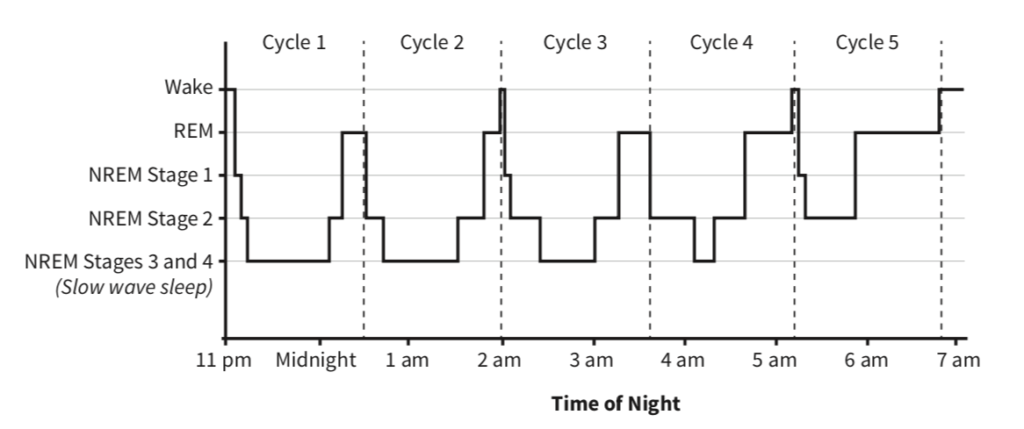Increasing your memory will support you to move one step forward in social-cultural and economic activities as well as making your life easier. Keeping the formulas, dates, or names in the mind… Who wouldn’t want that, right?
When you type “How to increase my memory?” on Google Search Engine, you get many options like puzzles, games, and difficult tests. However, today we will suggest something that has been proved by science. It is also free and easy to apply. It is sleeping!
Scientists say that if you have regular sleep (8 hours a day, fully dark and quiet as much as possible) you’ll notice that your memory will increase. The main purpose of this article is to tell you about the experience. But first, let’s learn more about sleep!

Hidden Treasure: Sleep
While we are discovering the unhidden parts of oceans, launching rockets and telescopes into space 50 years ago, we’re missing one thing in our lives: finding the hidden treasure of the brain and sleep.
Keep this in mind: Sleeping is very complicated, complex, and harder to describe than you think. Maybe you’ve heard of the different stages of sleep. For example; NREM and REM. These stages have different functions. However, we’ll not go into these in this writing. It’ll be enough if you know the following:
NREM is the stage;
- where your sleep is deep,
- the body’s physiologically active phase is,
- that is responsible for the production/destruction of your body parts during your sleep.
REM is the stage;
- where we dream,
- when our body is paralyzed,
- when our sensory sensations are active.
If you follow the graphic below while you’re reading the information above, you can easily understand the stages of NREM, REM, and awakeness. A person who sleeps approximately at 23:00 directly goes to the NREM 3 & 4 stages and shows a deeper and low wave spectrum sleep as it is seen in Cycle 1. In the following hours, while the third and fourth NREM stages are decreasing, the first and second stages of NREM starts to increase in a parallel to the REM stage. It means you’re dreaming in the meantime of getting awake.
The Experiment of Increasing Your Memory
In 2006, a group of researchers in Germany came up with an idea of an experiment. They invited young and healthy human beings for their experiment and divided them into two groups: Group A & Group B. The people in Group A had electrode pads on their forehead and backhead while Group B had nothing. In the end, the researchers led them to sleep.
The researchers started to give to Group A very low and carefully calculated amounts of electricity (stimulation) instead of recording the electrical brain waves emitted from their brains during sleep. However, they applied this stimulation only at the deepest stage of NREM. The researchers did not want Group A to feel the stimulation and wake up because of it that’s why they kept the stimulation very low. On the other hand, its effects on sleep were unpredictably high.
Before the experiment, both the experiment groups got notified about the information list. A day after sleeping, the researchers gave them the information list and let them do it. The researches could not believe how the test results were. The people in Group A got two times higher scores compared to Group B. In other words, the researchers doubled the test scores by increasing the electrical quality of deep sleep brain wave activity.
They also reported they stimulation applied in the stage REM was not successful. The stimulation where there was synchronized, low, and slow electrical brain waves in the stage of NREM, was improving memory.
BE CAREFUL! Don’t try this experiment at home. Some people really got injured while trying to give electrical brain waves.
If there are people around you that want to improve their memory and getting prepared for exams, just remind them to have a good and stable sleep. This is the reason why we wanted to share this paper with you.
I suggest you to read “Why We Sleep” by Matthew Walker if you’re interested in learning more about sleep. Enjoy and don’t forget to check other papers.
Original article appeared on DijitalX TR, written by Mehmet Emin Köse.



